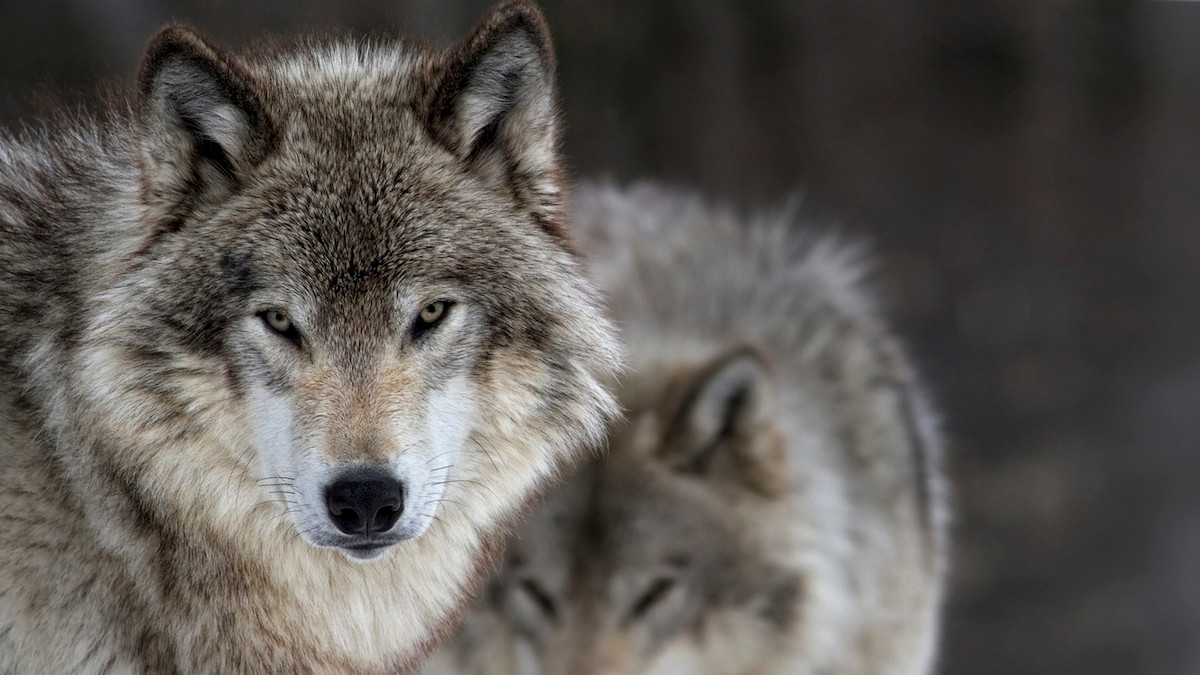
Oregon State Police are seeking information regarding eight wolves killed by poison in Union County, Oregon. Several non-profit groups are also offering a large monetary reward.
In February, Oregon State Police Fish and Wildlife troopers responded to a call from state wildlife biologists who received a mortality signal from a collared wolf near Mount Harris. When they arrived on the scene, troopers found the carcasses of three male and two female wolves. This was the entirety of the Catherine Pack, named after the region in which they lived. Authorities discovered three more dead wolves in the same area in March, April, and July—all poisoned.
“This is terrible news and another example of Oregon’s poaching problem,” ODFW Communications Coordinator Michelle Dennehy said. “Hopefully, someone will step forward with information to assist our state fish and wildlife troopers in solving this case.”
There is currently no hunting season for wolves in Oregon. It's only legal to kill a wolf in certain situations—in defense of human life or livestock depredation and only after non-lethal options, such as electric fencing or hazing, have been exhausted. If the wolf still is a problem, a kill permit will be granted to the livestock producer or the cull carried out by ODFW.
One such occurrence happened earlier in the year when four wolves from the Lookout Mountain pack attacked four cows in 14 days. This has only occurred about six times since 2009 when wolves were first started to repopulate Oregon.
Since being federally delisted as an endangered species in beginning in 2011 and concluding in 2020, Western wolf population management is now the territory of the states. With wolf populations continuing to grow, wolf management policies are often under scrutiny by both hunters and the general public. Earlier in the year, Idaho passed a bill to allow the killing of up to 90% of the wolves in the state, and the Wisconsin wolf hunt went over their allotted hunting quota within two days. ODFW estimates there are approximately 173 wolves in Oregon, most of which are concentrated in the northeastern part of the state. That number is expected to grow.
“The poisoning of an entire pack is significant,” Dennehy said. “ODFW will have a clearer picture on how it might have impacted overall population numbers next year after the biologists complete their winter surveys.”
The environmental group Oregon Wild and others are currently offering a $45,000 reward for information leading to an arrest in this case. In Oregon, hunters can also receive preference points instead of monetary rewards for turning in poachers. If caught, the punishment for this crime could be severe depending on the charges, likely including jail time and thousands of dollars in fines.






